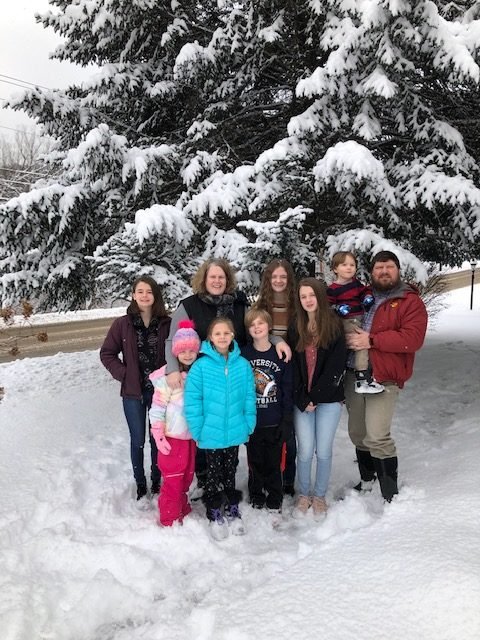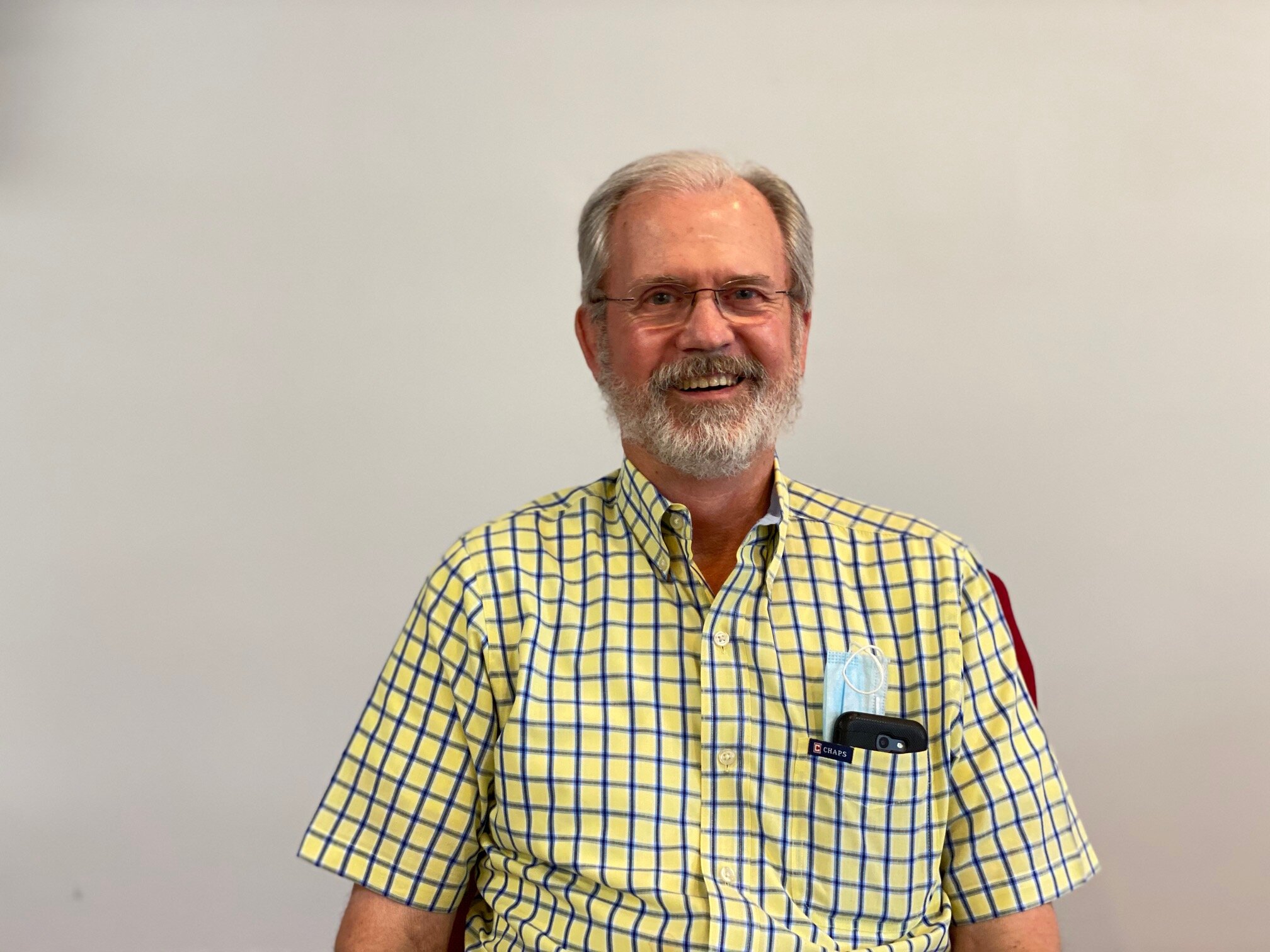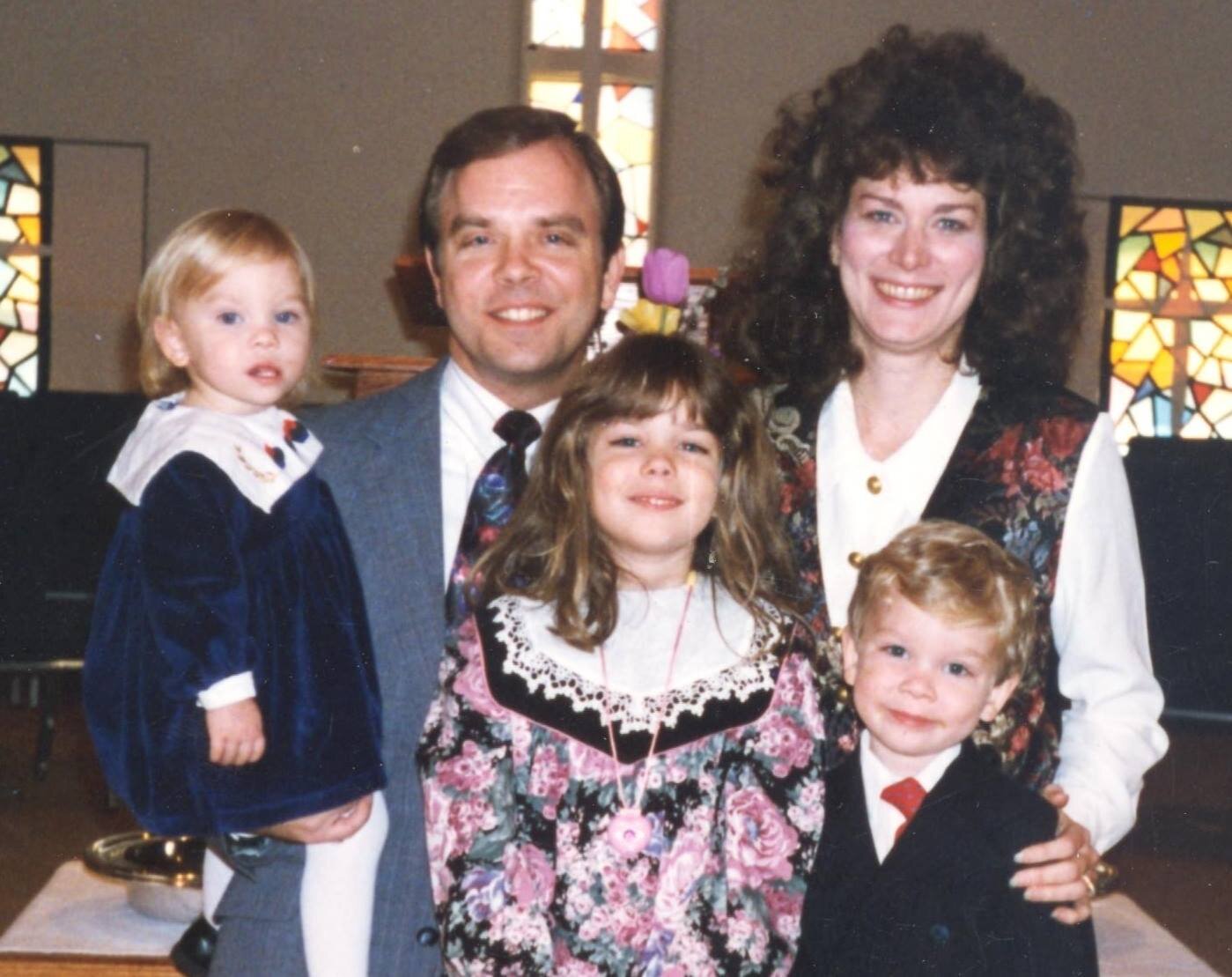BCNE News
The latest news from our network of New England churches. Looking for our New England Perspectives Articles? Click here.

Greater Boston: The most Irish city in America
Among New England's many historical points of interest, one of its most poignant is the Irish Famine Memorial located in a small park on the corner of Washington and School Streets in downtown Boston. Cast bronze sculptures depict two Irish families: one emaciated and clothed in rags, starving to death from the famine caused by potato blight that began in 1845, and another family healthy, well-dressed, and prosperous, representing the estimated 100,000 Irish who escaped the famine by sailing to the port of Boston.

Boston church and its network make largest ever donation to BCNE
In celebration of the 40th anniversary since its founding, the Berkland Baptist Church network of churches (including Antioch Baptist Church in Cambridge, MA) has made a special gift to the Baptist Convention of New England in the amount of $1 million. This donation represents the single largest gift ever received by the BCNE and will be used to fund church planting, church revitalization, and collegiate ministry.

Family of nine uproot, make a new ministry home 1,000 miles north
STOWE, Vt. (BP) – Gerald Hunt was a Georgia kid with an interest in Vermont, a land way above the Mason-Dixon line where hockey is more popular than college football and bread stuffing replaces cornbread dressing on holiday dinner tables.

Wisdom from spiritual mentor: Part 2
I have been fortunate and blessed to have three tremendous mentors in ministry who have guided me, warned me, coached me, prayed for me, and were selfless enough to even watch me flourish. I would like to tell you about each of these men individually and encourage all of us toward some shared action steps at the end of each article. In this second installment of a 3 part article series, I would like to tell you about Chris Adams.

God’s Church
“I don’t think this church will make it. Honestly, I don’t think I am going to make it,” I blurted out as I sobbed before my wife. The frustration and disappointment erupted violently and unexpectedly. No one had prepared me for the hardship and disappointment I would endure.

Called back to Vermont
In 2006, Trey Cates, along with his wife, Robyn, and children, Rachel and Joshua, moved to Vermont to serve with the former Green Mountain Baptist Association in planting a church in Central Vermont. Nine years later, after successfully launching New Life Community Church in Northfield, Vt., Trey and his family were called to Huntsville, Ala., to serve with another ministry. By God’s providence, Trey was able to keep his employment with the Central Vermont Supervisory Union, working remotely to serve the district’s technology needs for six years.

Know your town: The key to starting ministry in a new location
I was coaching a church planter recently who is soon to move to the community where he is going to plant his life, his family and his sense of mission for years to come. He has sought the Lord for a long time, and is now only days until he lives in the city and plants the church for which God has been preparing him. In our conversation I asked him, “What are you going to do first when you get there and get everything unpacked?”

BCNE launches new church planting partnerships led by Hal Haller
The Baptist Convention of New England is creating a new pathway to facilitate direct church planting partnerships between established local churches and church planters who want to work in nearby areas.

Ray Allen: A New England church planting pioneer
When Ray Allen was 13 years old, God called him to a life of ministry. Convinced that this calling would mean working as a pastor, missionary, youth minister, music minister or education minister, Ray began running from the Lord. Little did he know, God would lead him down a path of serving in each of these roles and more over a 51-year ministry in New England.

David Jackson’s legacy of church planting in New England
Editor’s Note: Dr. David Jackson is a North American Mission Board employee who has been assigned to serve as the BCNE’s church planting director and strategist since 2014. Beyond the scope of this role, he has worked in many areas of church planting in the Northeast for nearly 30 years. NAMB has recently reassigned him to a new role as Replant Specialist for the Northeast, effective July 1. While we will miss having Dr. Jackson in our office as a member of our team, we support the new work he will be doing. If you are aware of any churches that have closed or are facing imminent closure, please have them contact Dr. Jackson at djackson@namb.net.
As a seminary student and the part-time pastor of a church going through the revitalization process in the early 1990s, David Jackson hadn’t given much thought to planting churches. But when he attended an event on reaching Californians, God laid an unexpected call on his heart.

The three keys to an effective church
Our presence on the weekend at their church likely reinforces what many church planters, pastors, and church attenders think: what they “do” at their weekend service is the most important thing they do weekly for the ongoing effectiveness of their church.
I’m writing today to tell you I don’t believe that is true.

Keys to a successful church replant
Replanting a church is not easy, especially because it usually follows a revitalization process. But one phrase can help your heart and mind as you replant. If you forget this phrase you will most likely quit or not do much good for the Kingdom. Are you ready?

The three percent
Our family arrived in Charlestown in late 2016 to plant our lives and a church. We took photos, found our coffee shop and grocery store, discovered a park our boys loved and began to navigate Boston driving. But one thing we needed to settle on was how to meet people. If we were going to plant a church, who did we need to meet; where and when would we meet them; and how many people should we meet?

Who are you promoting?
In the world of church planting, planters are occasionally told that we are the brand and therefore must promote ourselves regularly. Just as a musician, an athlete or an artist might attempt to increase their own profile, we, too, must accept that it is necessary for people to know us and see us as a central element to the ministry. The idea is that people who are like us will see us, relate to us and then join us in our new church.
However, a year before starting my church planting journey, Jeff Bass, a mentor of mine who serves as the executive director for the Emmanuel Gospel Center in Boston, shared a very different perspective on how I might pursue ministry as a church planter.
